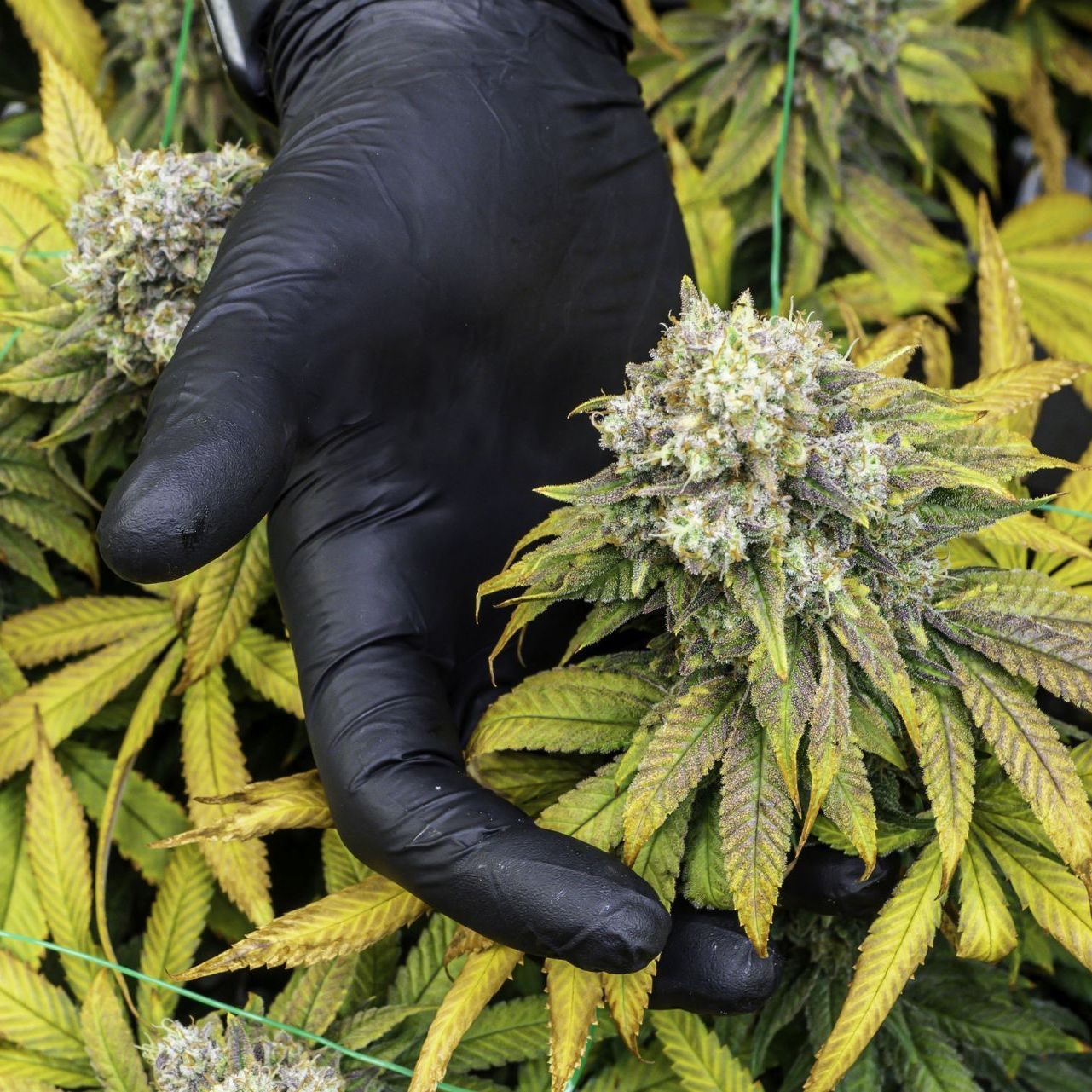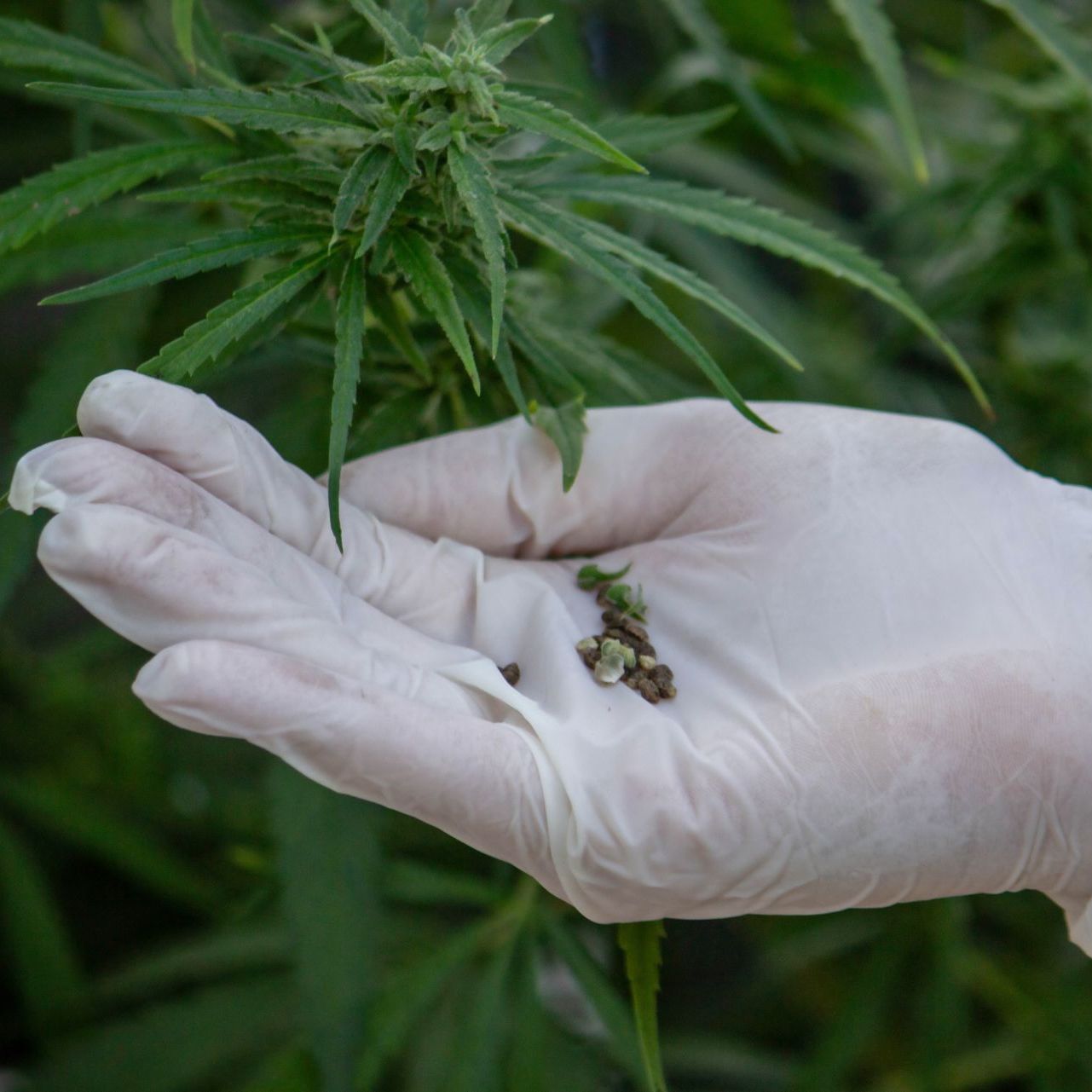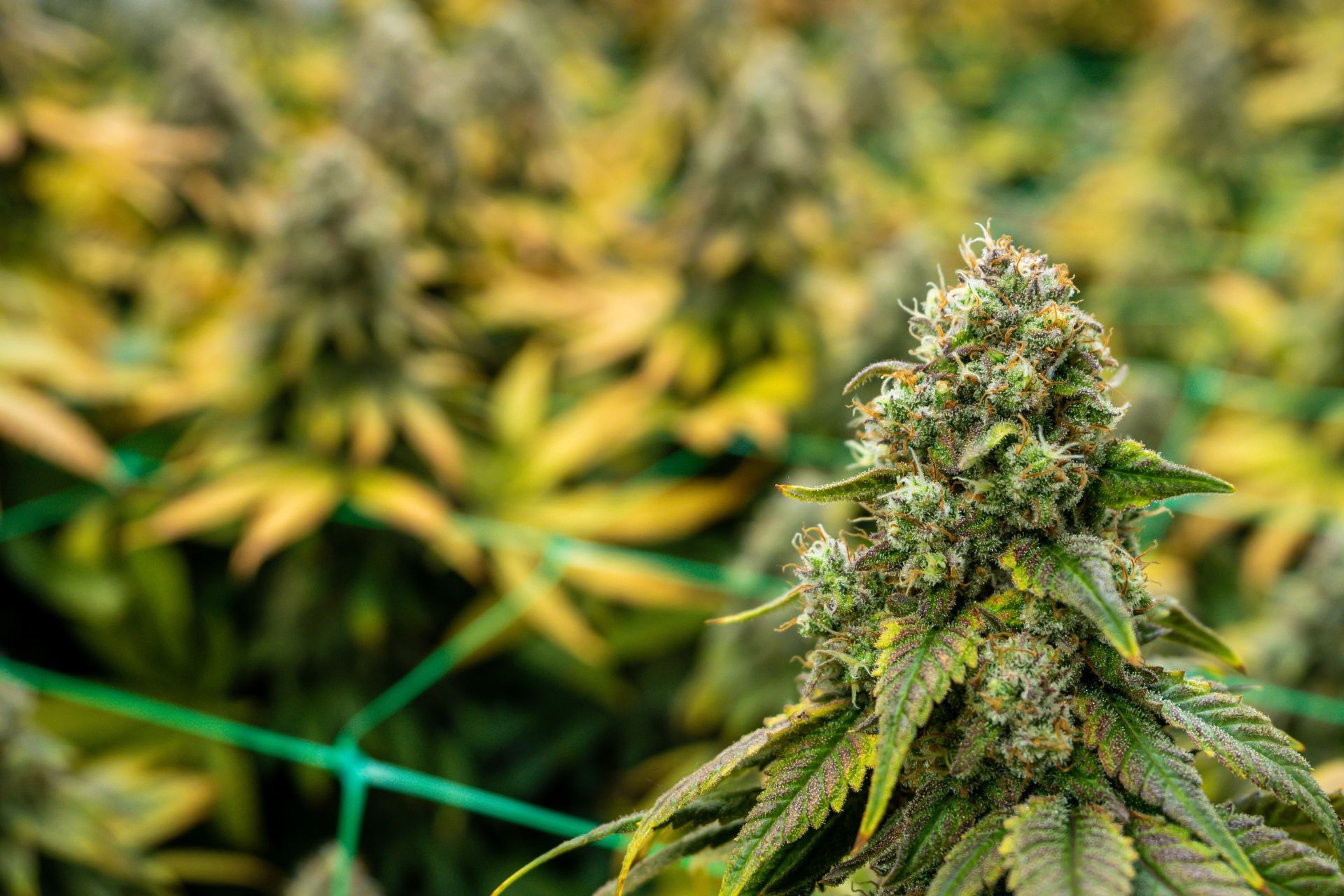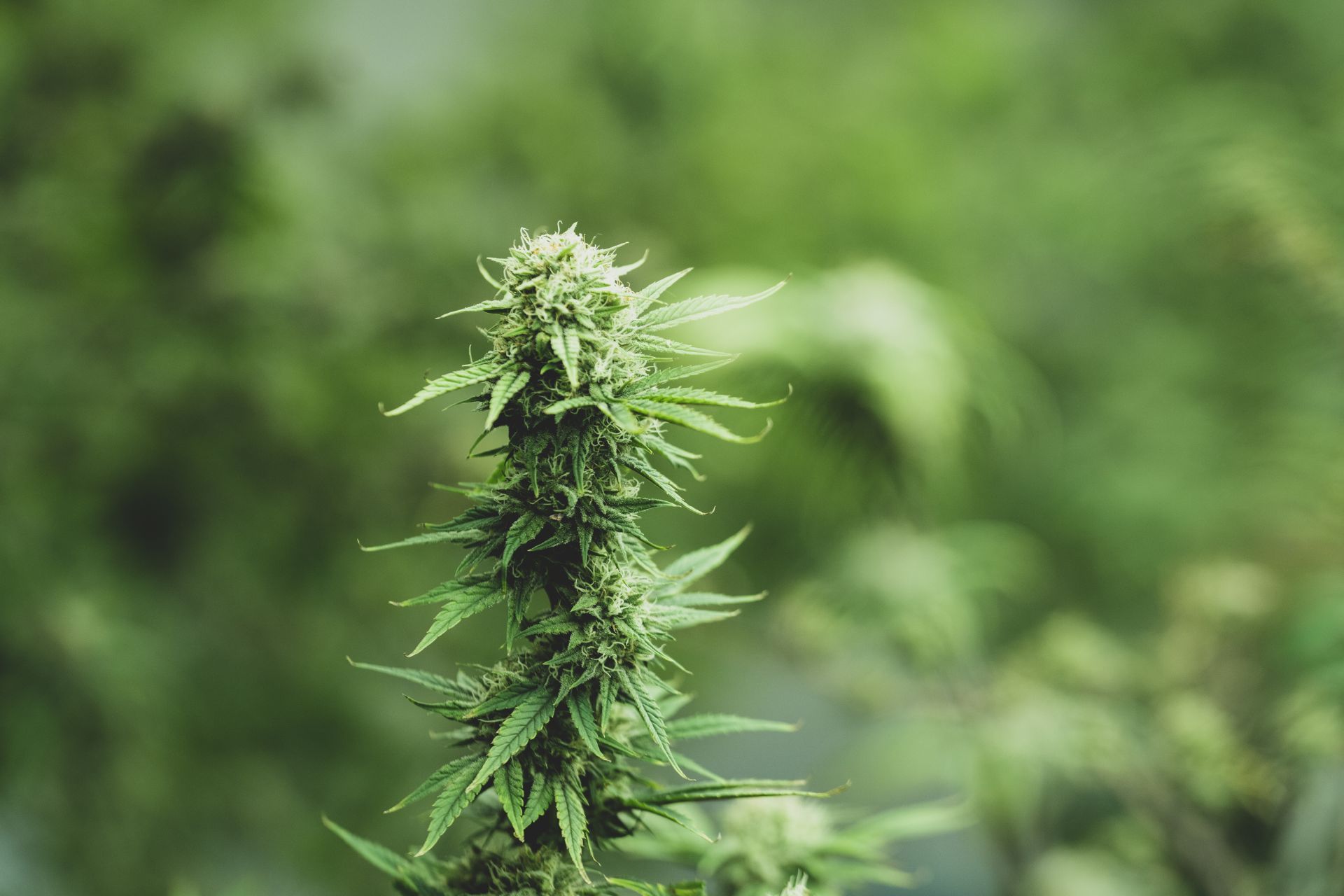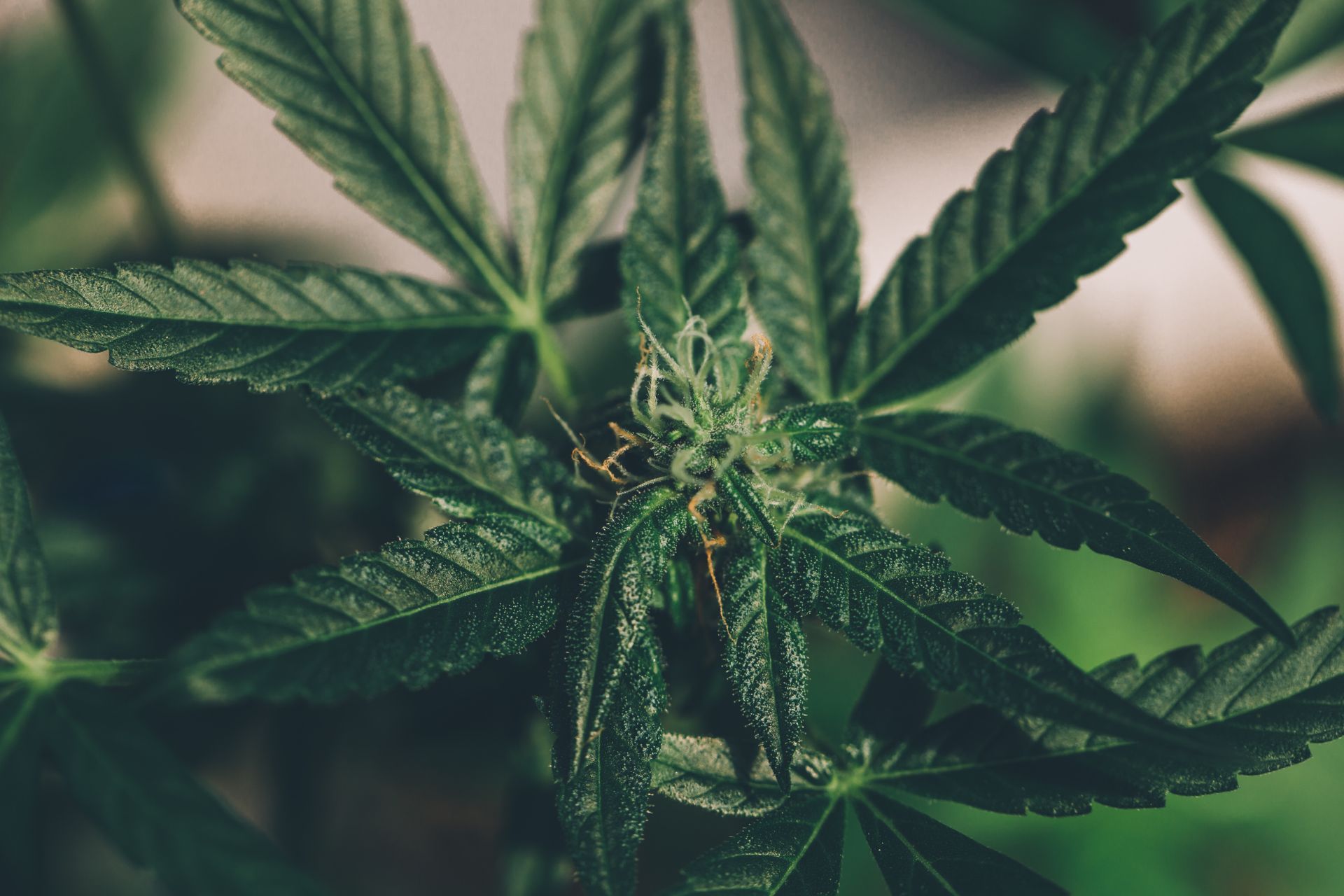Virginia's medical cannabis market is growing fast, with sales nearly doubling early projections in mid-2025. This surge reflects both rising patient demand and evolving regulations that shape how dispensaries operate. For dispensary owners and operators, understanding insurance coverage and costs is critical to managing risks and ensuring business continuity in this dynamic environment. This guide dives into the key insurance considerations for Virginia dispensaries, backed by recent market data and expert insights
Why Insurance Matters for Virginia Dispensaries
Running a dispensary involves unique risks that standard business insurance policies often do not cover. From product liability to regulatory compliance, dispensaries face challenges that require specialized insurance solutions. Virginia’s medical cannabis program stands out for its pharmacist involvement, which adds a layer of professional oversight uncommon in many states. JM Pedini, executive director of Virginia NORML, highlights this as a serious added value for patient safety and product quality assurance.
However, the market is complex. A 2023 study revealed that 90% of Virginia’s medical cannabis patients buy products outside the regulated market, largely due to high prices. This unregulated market is estimated to be worth $3 billion, dwarfing the legal sales volume. These factors increase the stakes for dispensaries operating within the legal framework, making insurance coverage not just a safeguard but a business necessity.
Understanding the specific risks and coverage options helps dispensary owners protect their investments and comply with state regulations. For instance, dispensaries must navigate the intricacies of theft and vandalism, which can be particularly high due to the valuable nature of their inventory. Additionally, as the industry evolves, so do the risks associated with cyber threats, as dispensaries increasingly rely on digital platforms for sales and customer management. Cyber liability insurance can provide crucial protection against data breaches that could compromise sensitive patient information.
Moreover, the evolving regulatory landscape in Virginia necessitates that dispensary owners stay informed about changes in laws and compliance requirements. This is where specialized legal counsel and insurance advisors come into play, helping dispensaries not only to mitigate risks but also to seize opportunities for growth within the legal framework. For more on Virginia’s medical cannabis sales trends, see
Cannabis Risk Manager’s report on Virginia’s market surge.

Article By: Deb Sculli
Cannabis Insurance Specialist
TruePath Insurance is fully licensed and authorized to provide comprehensive insurance solutions across multiple states.
We proudly serve individuals and businesses nationwide, offering access to trusted regional and national carriers. Our goal is to help clients find reliable, affordable coverage that aligns with their goals—whether for personal protection, business stability, or long-term financial security.
Types of Insurance Coverage Dispensaries Need
Dispensaries require a tailored insurance portfolio that addresses their operational realities. The most common types of coverage include:
- General Liability Insurance: Protects against claims of bodily injury or property damage occurring on the premises.
- Product Liability Insurance: Covers risks related to the cannabis products sold, including adverse reactions or contamination claims.
- Property Insurance: Safeguards the physical assets such as buildings, equipment, and inventory from fire, theft, or natural disasters.
- Workers’ Compensation Insurance: Required for employees, covering workplace injuries and illnesses.
- Cyber Liability Insurance: Protects against data breaches and cyberattacks, critical as dispensaries handle sensitive patient information.
Because Virginia’s medical cannabis program mandates pharmacist involvement, dispensaries may also need professional liability coverage to address potential errors in dosing or product recommendations. This is particularly important given that a 2025 survey by the Virginia Cannabis Control Authority found 36% of practitioners felt uncomfortable making dosing recommendations, underscoring the complexity of medical cannabis guidance.
In addition to these essential coverages, dispensaries should also consider adding coverage for business interruption. This type of insurance can provide financial support in the event that a dispensary must temporarily close due to unforeseen circumstances, such as a natural disaster or a significant equipment failure. Such coverage can help mitigate the financial impact of lost revenue during downtime, allowing the business to recover more swiftly and maintain its operational integrity.
Moreover, as the cannabis industry continues to evolve, dispensaries may benefit from specialized insurance products that cater to unique risks associated with the cannabis supply chain. For instance, crop insurance can protect cultivators from losses due to crop failure or adverse weather conditions, while transportation insurance can cover the risks involved in delivering products from growers to dispensaries. By investing in a comprehensive insurance strategy that addresses these diverse needs, dispensaries can better navigate the complexities of the cannabis market and ensure their long-term success.

Factors Influencing Insurance Costs in Virginia
Insurance premiums for dispensaries vary widely based on several factors. Location, size of the dispensary, product range, and security measures all play a role. Virginia’s cannabis market presents unique cost drivers:
- High Product Prices: The average price per gram in Virginia is $14, significantly higher than neighboring Maryland and Washington, D.C. This elevates inventory values and potential liability exposure.
- Unregulated Market Pressure: With a large portion of patients sourcing cannabis outside the regulated system, dispensaries face competitive pressures that can affect pricing and risk management.
- Regulatory Complexity: Compliance with state laws, including pharmacist oversight, can increase operational costs but also reduce certain risks.
- Security Requirements: Enhanced security protocols reduce theft risk and can lower insurance premiums.
Dispensaries that invest in robust compliance and security programs often see better insurance terms. For context on pricing challenges faced by patients and the market, check out this Cannabis Business Times study on patient purchasing habits.
Additionally, the evolving legal landscape in Virginia adds another layer of complexity to insurance costs. As the state continues to refine its cannabis regulations, dispensaries must remain agile, adapting their business practices to comply with new laws. This can lead to increased administrative costs, which in turn may influence insurance premiums. Furthermore, the potential for legislative changes can create uncertainty in the market, prompting insurers to adjust their risk assessments and pricing models accordingly.
The demographic profile of dispensary customers also impacts insurance costs. As more patients seek cannabis for medical purposes, dispensaries may need to tailor their offerings to meet diverse needs, which can lead to a broader product range and higher inventory costs. This increased variety not only enhances the customer experience but also necessitates comprehensive insurance coverage to protect against potential liabilities associated with a wider array of products and services.
Addressing Patient Safety and Practitioner Comfort
Patient safety remains a top priority in Virginia’s medical cannabis program. The involvement of pharmacists is a key differentiator, yet practitioners still report discomfort in advising patients on dosing and product selection. This gap creates potential liability risks for dispensaries and highlights the need for clear policies and professional training.
Policy strategist Ngiste Abebe points out the need for clearer statewide language to help patients avoid allergens and dosing confusion, especially as online cannabis shopping grows. Dispensaries that provide thorough patient education and maintain transparent labeling reduce the risk of adverse events and insurance claims.
Investing in staff training and working closely with healthcare practitioners can improve patient outcomes and reduce liability exposure. For more on these concerns, see Virginia Mercury’s coverage of cannabis safety and equity.
Moreover, the evolving landscape of medical cannabis necessitates a robust framework for ongoing education and support for both patients and practitioners. As new products and formulations emerge, continuous learning opportunities can empower healthcare providers to make informed recommendations. This is particularly crucial in a field where research is rapidly advancing, and the understanding of cannabis's therapeutic benefits is still being established. Regular workshops, webinars, and collaborative sessions between dispensaries and healthcare providers can foster a culture of safety and knowledge-sharing.
Additionally, the integration of technology into the patient experience can play a pivotal role in enhancing safety. Mobile applications that track patient usage, provide dosage reminders, and offer real-time feedback can help patients navigate their treatment plans more effectively. Such tools not only promote adherence but also allow healthcare providers to monitor patient responses and adjust recommendations accordingly. By embracing technology, the medical cannabis community can bridge the gap between patient education and practitioner confidence, ultimately leading to better health outcomes.

Home Cultivation and Its Impact on Dispensary Insurance
Interestingly, about 57% of Virginia’s medical cannabis patients grow their own cannabis at home. This widespread home cultivation affects dispensaries in several ways. It reduces patient reliance on dispensaries for supply, which can impact sales volume and revenue. At the same time, it may lower some liability risks related to product use, as patients control their own cultivation environment.
However, dispensaries still face risks related to product quality, packaging, and compliance with state laws. Insurance policies must reflect these operational realities. Understanding the balance between home cultivation trends and dispensary sales helps insurers and business owners tailor coverage appropriately.
Moreover, the rise in home cultivation has sparked a growing interest in educational resources and community engagement. Many dispensaries are now offering workshops and seminars to teach patients about best practices in home growing, including optimal lighting, soil types, and pest management. This not only fosters a sense of community but also positions dispensaries as trusted sources of knowledge, potentially attracting more customers who may seek expert advice even if they grow their own cannabis.
Additionally, the trend of home cultivation has given rise to a burgeoning market for related products and accessories. From specialized grow lights to organic fertilizers and hydroponic systems, dispensaries are expanding their inventory to include these items, creating new revenue streams. This diversification can help mitigate the financial impact of reduced cannabis sales while also catering to the needs of home growers, thereby reinforcing the dispensary's role in the local cannabis ecosystem.
Choosing the Right Insurance Partner
Selecting an insurance provider with expertise in Virginia’s cannabis industry is crucial. Providers familiar with local regulations and market conditions can offer policies that address specific risks without unnecessary coverage gaps. Given the evolving legal landscape, flexibility and clear communication are key.
Dispensaries should seek insurers who understand the importance of pharmacist involvement and the challenges practitioners face in dosing recommendations. Transparent pricing and responsive claims handling also make a significant difference in managing long-term costs.
As Virginia’s medical cannabis market continues to grow—reaching nearly $30 million in sales during July and August 2025—having the right insurance coverage becomes even more important for protecting business assets and patient trust. For a snapshot of this market growth, visit Cannabis Risk Manager’s analysis.
Moreover, it is essential to consider the unique risks associated with cannabis operations, such as product liability, theft, and property damage. A well-rounded insurance policy should not only protect against these risks but also provide coverage for business interruptions that could arise from unforeseen events, such as natural disasters or regulatory changes. Understanding the nuances of these risks can help dispensaries tailor their insurance needs more effectively, ensuring they are safeguarded against potential financial setbacks.
Additionally, engaging with an insurance provider that offers educational resources can be invaluable. Many insurers now provide workshops, webinars, and materials that help cannabis businesses stay informed about compliance and risk management strategies. This proactive approach not only strengthens the relationship between the dispensary and the insurer but also empowers business owners to make informed decisions that can enhance their operational resilience in a rapidly changing market.
Insurance Cost Comparison: Virginia vs. Neighboring States
Insurance costs for dispensaries are influenced by regional market conditions. Virginia’s higher average cannabis prices translate into higher inventory values and potentially higher premiums. For example, the average price per gram in Virginia is $14, compared to $8.73 in Washington, D.C., and $9.72 in Maryland. These differences impact product liability and property insurance costs. The higher inventory values in Virginia not only raise insurance premiums but also necessitate more comprehensive coverage to protect against potential losses, such as theft or damage, which can be particularly significant in a market with high-value products.
Dispensaries operating near state borders should consider these cost variations when planning expansion or cross-state sales. Understanding how pricing affects insurance premiums helps in budgeting and risk management. Additionally, dispensaries must be aware of the regulatory landscape in each state, as differing laws can affect both operational costs and insurance requirements. For instance, states with stricter regulations may require higher liability coverage, which can further drive up insurance costs. It’s crucial for dispensary owners to consult with insurance experts who specialize in the cannabis industry to navigate these complexities effectively.
| State | Average Price per Gram Average Price per Gram | Estimated Unregulated Market Size |
|---|---|---|
| Virginia | $14.00 | $3 billion (unregulated) |
| Washington, D.C. | $8.73 | Data not available |
| Maryland | $9.72 | Varies with property value and security measures |
Moreover, the unregulated market size in Virginia, estimated at $3 billion, highlights the significant demand for cannabis products, which can also influence insurance costs. A larger unregulated market may lead to increased risks for dispensaries, as competition from unlicensed sellers can affect pricing strategies and overall market stability. This dynamic necessitates that dispensaries not only focus on compliance and quality but also on robust insurance policies that can safeguard their investments against the uncertainties of a fluctuating market.
In addition, the geographical location of dispensaries plays a critical role in determining insurance costs. Areas with higher crime rates may face increased premiums due to the elevated risk of theft or vandalism. Dispensaries in urban settings might need to invest in additional security measures, such as surveillance systems or on-site security personnel, which can further impact their overall operational costs. Understanding these regional nuances is essential for dispensary owners to create a comprehensive risk management strategy that aligns with their business goals.
Frequently Asked Questions
Q: What types of insurance are mandatory for Virginia dispensaries?
A: Workers’ compensation insurance is mandatory for employees. Other coverages like general liability and product liability are highly recommended but not always legally required.
Q: How does pharmacist involvement affect dispensary insurance?
A: Pharmacist oversight adds professional accountability, which may reduce certain risks but also requires professional liability coverage to protect against dosing errors.
Q: Why do many Virginia patients buy cannabis outside the regulated market?
A: High prices in the regulated market drive about 90% of patients to seek cannabis elsewhere, impacting dispensary sales and risk profiles.
Q: Can home cultivation affect dispensary insurance needs?
A: Yes. Since many patients grow their own cannabis, dispensaries may face lower sales but still need coverage for product liability and compliance risks.
Q: How can dispensaries lower their insurance premiums?
A: Implementing strong security measures, maintaining compliance, and investing in staff training can help reduce premiums.
Q: Is cyber liability insurance necessary for dispensaries?
A: Absolutely. Dispensaries handle sensitive patient data, so cyber liability insurance protects against data breaches and cyberattacks.
Q: What should dispensaries look for in an insurance provider?
A: Experience in the cannabis industry, knowledge of Virginia regulations, clear communication, and flexible policy options are key factors.
About The Author: Deb Sculli
I’m Deb, a Cannabis Insurance Specialist focused on helping dispensaries, cultivators, and cannabis-related businesses find the right protection. With a strong understanding of the industry’s regulations and risks, I work hard to simplify the insurance process—so my clients stay compliant and confidently safeguard their operations and investments.
Contact Us
WHO WE HELP
Serving the Cannabis Supply Chain
We cover licensed operators at every stage.
OUR BLOGS
Resources for Cannabis Business Owners
Stay informed and protected with our latest posts.
COMMON QUESTIONS
Cannabis Insurance Made Clear
Answers to the questions we hear most from cannabis business owners.
What types of insurance do you offer for cannabis businesses?
We offer commercial property, general liability, product liability, crop insurance, workers’ compensation, and cyber liability tailored to cannabis operations. These policies address the most common risks, such as crop loss, product claims, and facility damage.
Our agents will help you match the right coverage to your business type and scale, whether you're a dispensary, grower, processor, or distributor.
Why is specialized cannabis insurance necessary?
Standard business policies often exclude cannabis-related activities, which leaves significant exposure gaps. Cannabis-specific insurance covers unique industry risks like product recalls, crop theft, and regulatory compliance.
Having the right policy also satisfies licensing, leasing, and vendor requirements, allowing your business to operate legally and securely.
How does your agency ensure compliance with state regulations?
Many states require proof of specific insurance types before issuing or renewing cannabis licenses. We stay up-to-date on regulatory changes and ensure your policies meet state and local mandates.
That means you avoid surprises during audits or inspections and maintain good standing with licensing authorities.
How fast can I get a quote and bind coverage?
Request a quote and you’ll typically receive a custom proposal within 24 hours. Once you review and accept it, coverage can often be bound the same day, so your business isn’t left exposed.
We streamline documentation and communication to make setup fast and clear—no confusing forms or delays.
Do you support multi-state cannabis businesses?
Yes. We are licensed to operate in 36 states, including major cannabis markets. Whether you’re operating in one state or across several, we can design policies that address your regulatory and risk needs.
As you expand, our team adjusts your coverage accordingly—keeping your protection consistent across state lines.
What should I consider when selecting cannabis insurance?
Begin by identifying your key exposures—crop value, product inventory, employee safety, or cyber data. From there, choose coverage that aligns with these risks instead of opting for a basic or low-cost solution.
Also, look for a provider with cannabis expertise and responsive claims support—this experience helps during actual loss events.
Contact Us
Phone
Address


